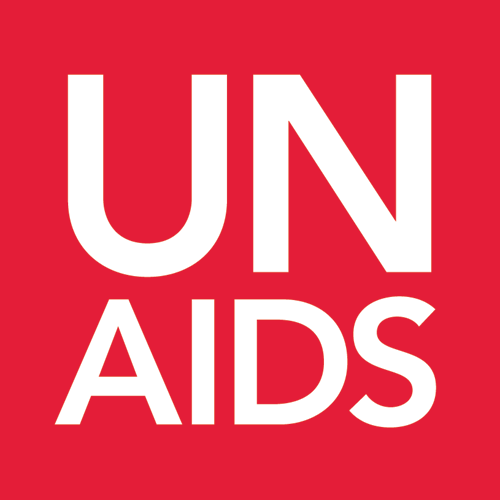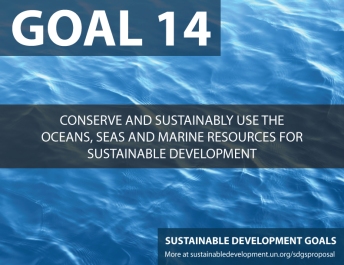
The Permanent Mission of Poland held a meeting to discuss the definition and usage of general principles of law and their role in international courts. H.E. Boguslaw Winid prefaced the seminar by speaking to Poland’s desire for peaceful conflict resolution and the country’s bid for a non-permanent seat on the Security Council. Mr. Wladyslaw Czaplinski began the discussion and argued that many scholars and practitioners in international law have not agreed upon a definition for its general principles. Ms. Marija Dordeska expanded by claiming that the general principles have three characteristics: substantive, regulating the conduct of actors, procedural, regulating states and justices in the procedure, and interpretive, guiding international tribunals. Additionally, Ms. Dordeska expressed that international courts and tribunals should identify the general principles. The ICJ (International Court of Justice) statute should reflect them.
Ms. Neha Jain also expressed a need for clearly defined general principles. She stated that unclear definitions can lead to many, or conflicting, verdicts. Two competing concepts, municipal and natural law were discussed. Using principles of domestic law, municipal law is used as a proxy for state consent at the international level. Natural law functions on its acknowledgement that human nature is rational at its basis. Ms. Jain argued that due to these subjective definitions, international courts should be wary of using them in concrete actions regarding international law. Mr. Christopher Waters followed by pointing out the inconsistencies in the use of general principles. However, he stated that general principles are not as problematic as the other panelists claimed them to be, as they are seldom used in reality.
Meeting: “General Principles of Law, Judicial Theory or Everyday Practice of International Courts?” Organized by the Permanent Mission of Poland
Date/Location: 26 October, 2016; 13:15 to 14:30; Conference Room 6
Speakers: H.E. Boguslaw Winid, Permanent Representative of Poland to the United States; Wladyslaw Czaplinski, Director of the Institute of Legal Sciences; Marija Dordeska, Doctor of Juridical Science; Neha Jain, Professor at the University of Minnesota Law School; Christopher Waters, Dean of Law at the University of Windsor
Written By: Anna Prisco, WIT Representative



 The session was organized by the co-facilitators to get comments from member states and permanent observers of the United Nations, on the Ministerial Declaration for the 2016 High-level Political Forum (HLPF) on Sustainable Development. Ambassador Gustavo, in his opening remarks, stated that this is the first to follow-up and implement the 2030Sustainable Development Agenda.
The session was organized by the co-facilitators to get comments from member states and permanent observers of the United Nations, on the Ministerial Declaration for the 2016 High-level Political Forum (HLPF) on Sustainable Development. Ambassador Gustavo, in his opening remarks, stated that this is the first to follow-up and implement the 2030Sustainable Development Agenda.




